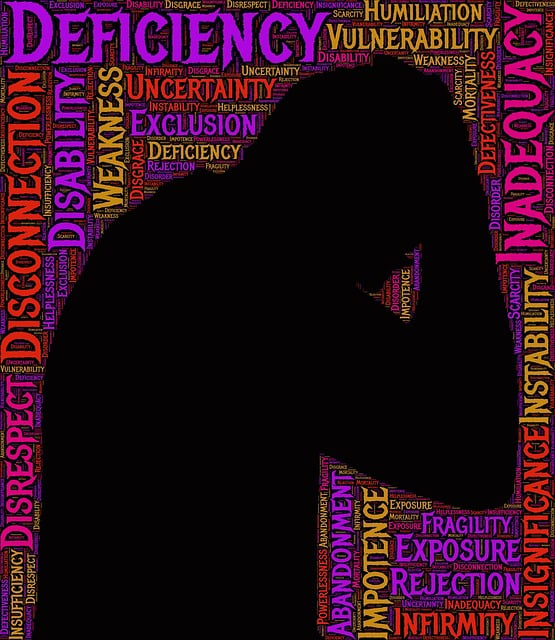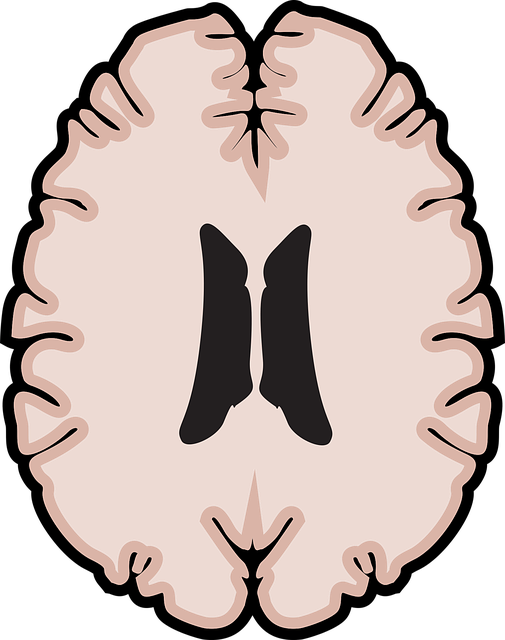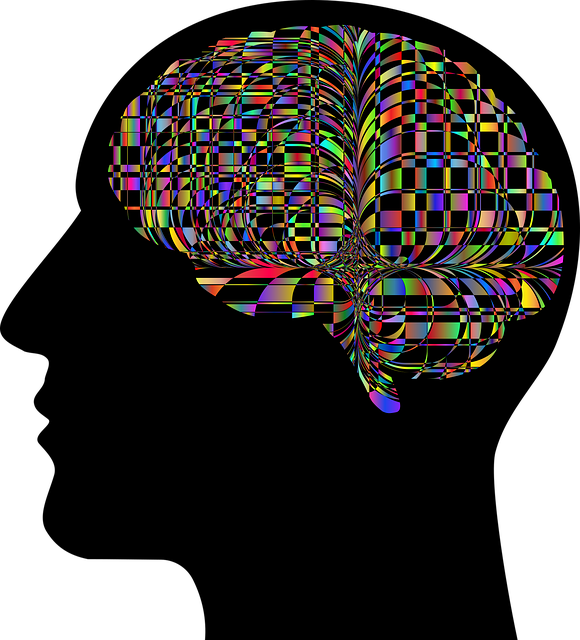Crisis Intervention Teams (CITs), trained by organizations like Aurora Therapy for Therapists-Clinicians, offer immediate support and de-escalation strategies for those in severe emotional distress or suicidal ideation. Their training covers mood management, conflict resolution, and cultural sensitivity, aiming to improve outcomes. Aurora Therapy prioritizes therapists' well-being through holistic training that includes self-care routines and stress management techniques. Interactive workshops and role-playing scenarios enhance their support capabilities, while community outreach and diverse learning styles foster emotional intelligence and ongoing personal growth.
Crisis intervention team (CIT) training programs equip professionals with vital skills to manage mental health crises effectively. In today’s demanding landscape, CITs play a crucial role in providing immediate support and de-escalation strategies. This article explores the significance of CITs, delving into Aurora Therapy—a comprehensive approach tailored for therapists and clinicians. We discuss designing effective training programs, highlighting key components and best practices to enhance crisis response capabilities.
- Understanding Crisis Intervention Teams: Role and Importance
- Aurora Therapy for Therapists-Clinicians: A Comprehensive Approach
- Designing Effective Training Programs: Key Components and Best Practices
Understanding Crisis Intervention Teams: Role and Importance

Crisis Intervention Teams (CITs) are specialized groups of professionals trained to respond to and manage acute psychological crises. These teams play a vital role in communities, especially in settings like schools, workplaces, and healthcare facilities. The primary objective of CITs is to provide immediate support and de-escalation strategies to individuals experiencing severe emotional distress or suicidal ideation. By doing so, they help prevent potential harm and facilitate safe, effective recovery.
The training programs for crisis intervention teams often cover a range of essential skills, including mood management techniques, conflict resolution strategies, and confidence-boosting exercises. These programs, such as those offered by Aurora Therapy for Therapists-Clinicians, equip participants with the knowledge and tools to recognize warning signs, assess risks, and implement evidence-based interventions. Ultimately, enhancing the capacity of CIT members to respond to crises with empathy, professionalism, and cultural sensitivity can lead to improved outcomes for individuals in need.
Aurora Therapy for Therapists-Clinicians: A Comprehensive Approach

Aurora Therapy offers a unique and comprehensive approach to training therapists and clinicians, focusing on their well-being. This program recognizes that mental health professionals’ resilience and effectiveness are directly tied to their own personal mental wellness. By integrating self-care routine development into the core curriculum, Aurora Therapy empowers individuals to thrive in their roles while fostering a culture of holistic mental health support.
The training goes beyond traditional crisis intervention skills by encouraging therapists to prioritize their emotional well-being. Through various modules, participants learn practical strategies for managing stress, cultivating mindfulness, and maintaining a balanced lifestyle—all essential components for better mental wellness. These programs not only enhance the therapist’s ability to assist clients but also contribute to the development of mental wellness coaching within the healthcare setting.
Designing Effective Training Programs: Key Components and Best Practices

Designing Effective Training Programs for crisis intervention teams requires a multifaceted approach that goes beyond mere knowledge transfer. Key components include interactive workshops, role-playing scenarios, and debriefings to mimic real-world challenges. These practices enable therapists and clinicians to apply Aurora Therapy techniques effectively, fostering emotional intelligence and enhancing their ability to support clients in distress.
Best practices emphasize the importance of community outreach program implementation, tailoring training to diverse learning styles, and promoting ongoing self-esteem improvement among team members. By integrating these strategies, training programs not only equip professionals with the skills to handle crises but also encourage personal growth, ensuring a holistic and impactful learning experience that reverberates in their clinical practice.
Crisis intervention team (CIT) training programs, encompassing essential skills in Aurora Therapy for therapists-clinicians, are vital tools for fostering effective support systems. By incorporating comprehensive approaches and best practices, these programs empower professionals to navigate and mitigate crises. Through tailored curriculum design, including role-playing scenarios and evidence-based techniques, trainers can equip CIT members with the knowledge and confidence needed to make a profound impact on those facing severe distress.














